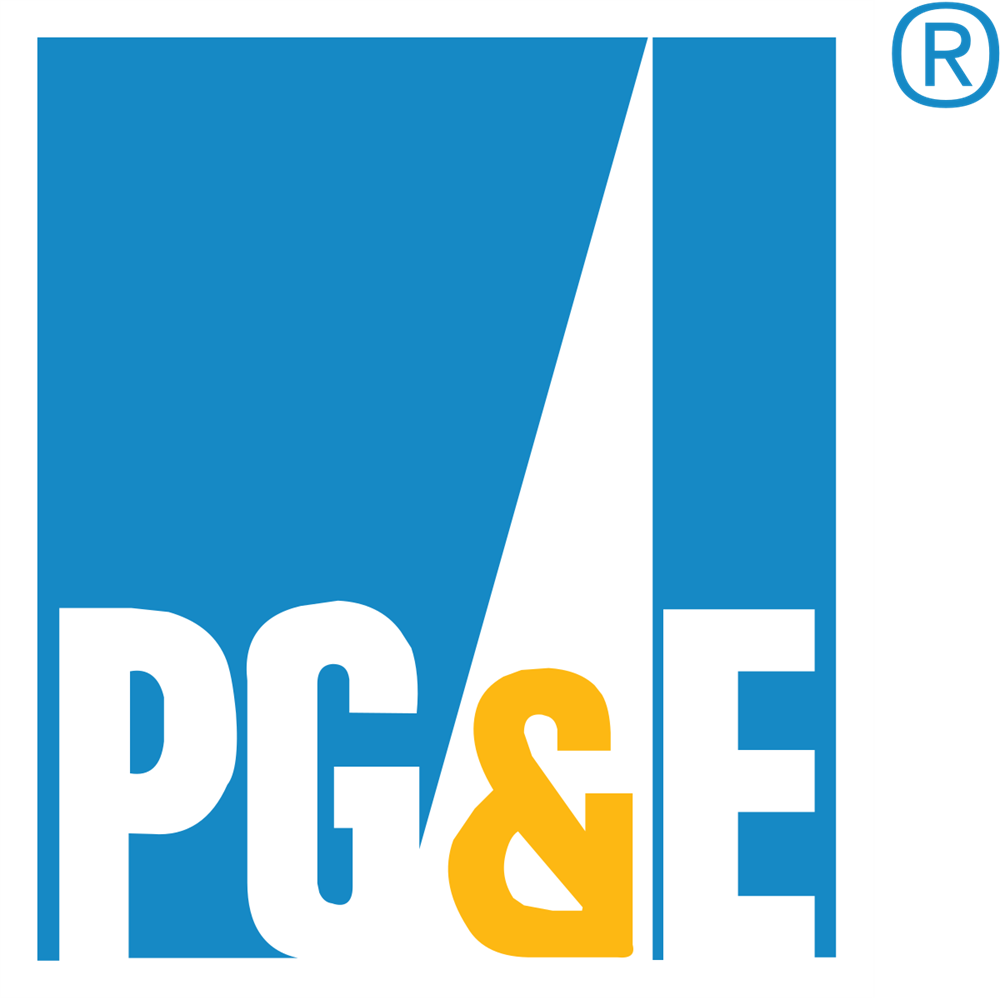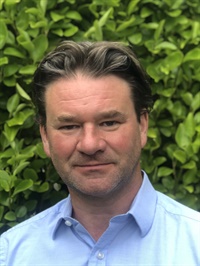
Optimize Plant Quality While Protecting Resources
Controlled environment agriculture must be a good steward of water resources if we expect our products to be chosen by today’s discriminating consumers. Water scarcity and fertilizer-polluted bodies of water will continue to be discussed both in the media and at our own kitchen tables. The commercial cannabis industry has driven innovation such as palletized water treatment skids and HVAC condensate recapture, while the floriculture and vegetable industry has demonstrated for decades how to recycle irrigation water at full scale. Come to this seminar prepared to learn cutting edge techniques and new technology, no matter how large or small your grow operation. Understand how water quality impacts plant nutrition, how to prevent plant disease from spreading through your watering systems, and how to manage the challenging task of replenishing nutrients in recycled solutions. Understand the pros and cons of different irrigation technologies such as hose-watering, drip irrigation, sub-irrigation, hydroponics and aeroponics. Ready your facility with preventative maintenance tips to reduce biofilms in your plumbing lines, and detect leaks in evaporative cooling systems that can waste thousands of gallons of water a year.
Topical areas include:
Source water treatment and water quality
Irrigation water recapture, storage and treatment
Nutrient replenishment and pH control
Irrigation systems and their advantages and disadvantages
Irrigation impact on disease, pests, HVAC, sanitation
Irrigation controls and programming
Triggering irrigation with environmental cues, scales or sensors
Recapturing HVAC condensation and rainwater
Maintenance and troubleshooting of water systems
Learning Objectives:
Understand principles of irrigation to optimize growth, control insects, disease and height
Learn the techniques for irrigating, recapturing and treating water
Differentiate the pros/cons of different systems for irrigation, recapture, storage and treatment of water
Understand best practices of irrigation programming
Target audience:
Cultivators
Operations & Facility Staff
Design & Construction Partners
Property Owners
Utility & Government Representatives
Add to your calendar with
| Funded with support from: |  |

Derek Gambrel is the Owner and CEO of Redwood Remedies, a Mendocino County, California based cannabis company, operating Tier 2 mixed-light, outdoor, distribution, and nursery licenses. Derek founded Redwood Remedies in 2013 as a high-quality, craft cannabis flower brand. Redwood Remedies has become one of the state's first accredited producers of OCAL certified, comparable-to-organic, cannabis in California. In addition to flower cultivation, Derek has built a robust genetic library of proprietary and unique cannabis varietals that are provided as nursery stock, as well as being showcased on the Redwood Remedies flower menu.
Derek graduated from Purdue University in 2004 with a degree in Agriculture, specializing in Horticulture Production and Marketing. After college, he worked as a Grower at PRT in Oregon growing conifer seedlings for reforestation.
In his free time Derek enjoys traveling, going to live music events, cooking, and spending time with family.

Rob has over 30 years of experience in plant growth facility management, plant research and commercial production. At Purdue University, he brought online and managed a computer- controlled 40,000 ft 2 research facility, made up of 25 greenhouses and over 60 growth chambers and grow rooms. He was responsible for hundreds of CEA studies involving flowering, food and medicinal species. He served on design teams for greenhouse projects and one of the first automated machine-vision phenotyping centers in the country. In his consulting role, he supported major hydroponic produce growers AeroFarms and Bright Farms; Big Ag companies Dow AgroSciences, Novozymes and Indigo Ag; and several cannabis operations including Clade9. He wrote cultivation plans for cannabis licenses awarded in Missouri and West Virginia.
Rob’s protocols for optimizing greenhouse production have been downloaded over 70,000 times in 104 countries. He participated in the publication, A Practical Guide to Containment: Plant Biosafety in Research Greenhouses, recognized throughout the world as a primary resource for safe production of genetically modified crops. In 2016, he was a member of the International Committee for Controlled Environment Guidelines that published Guidelines for Measuring and Reporting Environmental Parameters for Experiments in Greenhouse Facilities, the seminal document of quality assurance protocols for plant science research.
In his free time, Rob enjoys gardening, growing microgreens under LEDs, baking and winning croquet matches against his three grown children.

Andy joined Grodan in 2000 as a crop consultant for Western Europe. Over the years the role and its market focus evolved taking him to Grodan customers in Asia Pacific, North America and East Europe. He now leads Grodans knowledge program.
Andy is a regular speaker at industry conferences and grower events. He has published numerous research reports as well crop technical articles which have appeared in horticultural trade magazines throughout the world. Andy’s unique position allows him to stay close to the leading edge developments within CEA in Europe. He represents Grodan in its wider knowledge generation program within collaborative government / industry funded projects. In 2009 Andy founded and still chairs the “Green Expert Platform” – a knowledge exchange forum for internationally recognised greenhouse crop consultants and industry specialists.